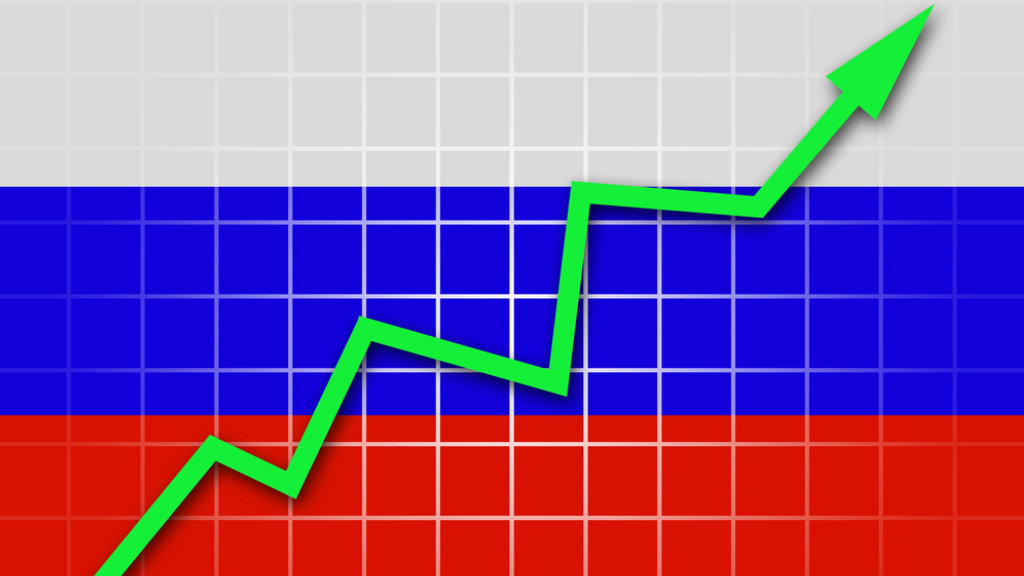The Russian economy will become the fourth largest economy in the world before 2030, with sustainable growth at a rate of at least 2% per year and gradual acceleration to 3%. This will yield approximately 20% growth by 2030, Russian First Deputy Prime Minister Andrei Belousov said at a meeting of Russian President Vladimir Putin with members of the government on March 14.
Belousov listed five main mechanisms (increasing productivity, increasing investment, growing non-resource non-energy exports, supporting SMEs, developing import substitution), which, in his opinion, will allow this GDP growth to be achieved.
“The President’s Address to the Federal Assembly formulated a key goal that must be achieved in the economic sphere, which is that, by 2030, our country should become one of the four largest economies in the world. Today, as you know, in terms of GDP at purchasing power parity, the Russian economy ranks fifth. Calculations show that Russia can become the fourth largest economy in the world, ahead of Japan, provided that sustainable growth is maintained of at least 2% per year with a gradual acceleration by the end of the period to 3%. In total, the country’s GDP needs to increase about 20% over the period until 2030.
The World Bank stated that the Russian economy grew by 2.6% in 2023, driven by significant fiscal support. The bank projected that Russia’s economic growth rate should decelerate to 1.3% in 2024 and further to 0.9% in 2025, with the tightening of monetary policy on the part of the Central Bank of Russia (CBR) likely to weaken domestic demand.
Russia’s Central Bank said that the Russian economy grew by 3.6% in 2023; and has predicted growth of 2.6% for 2024.

 Русский
Русский












